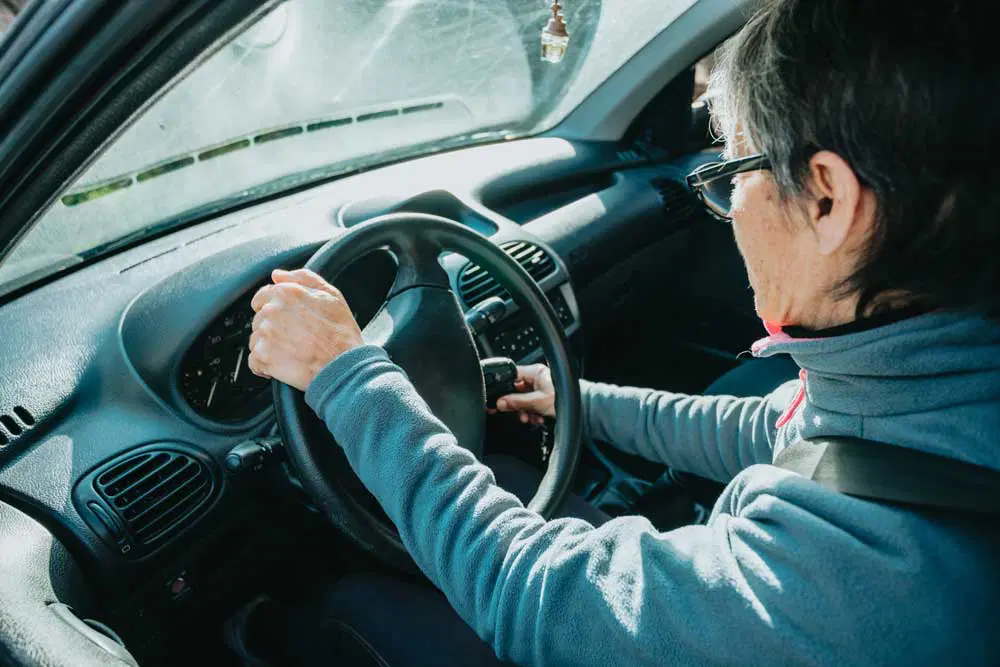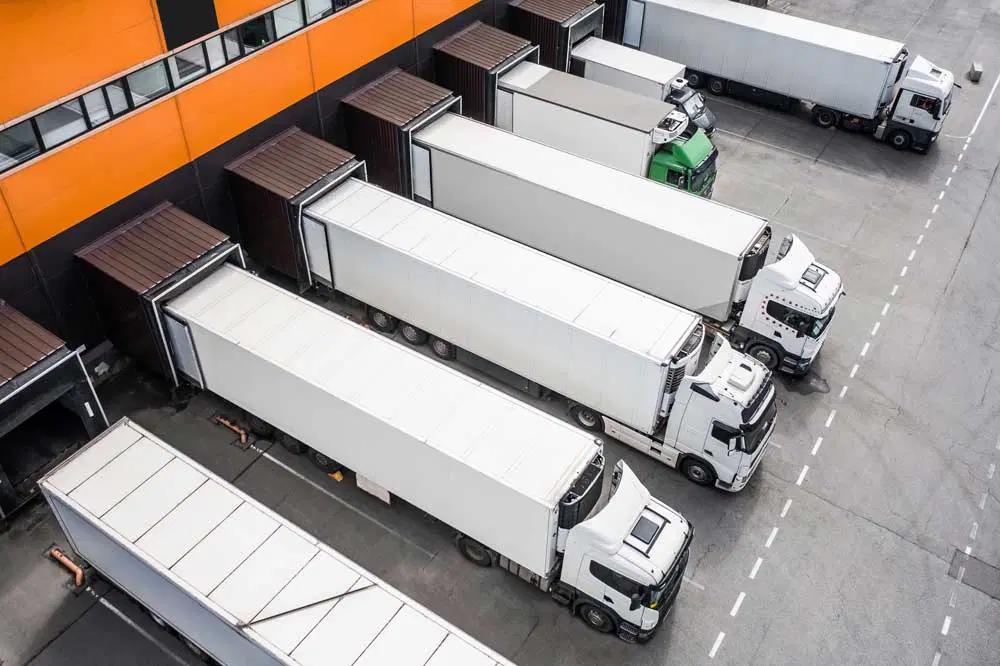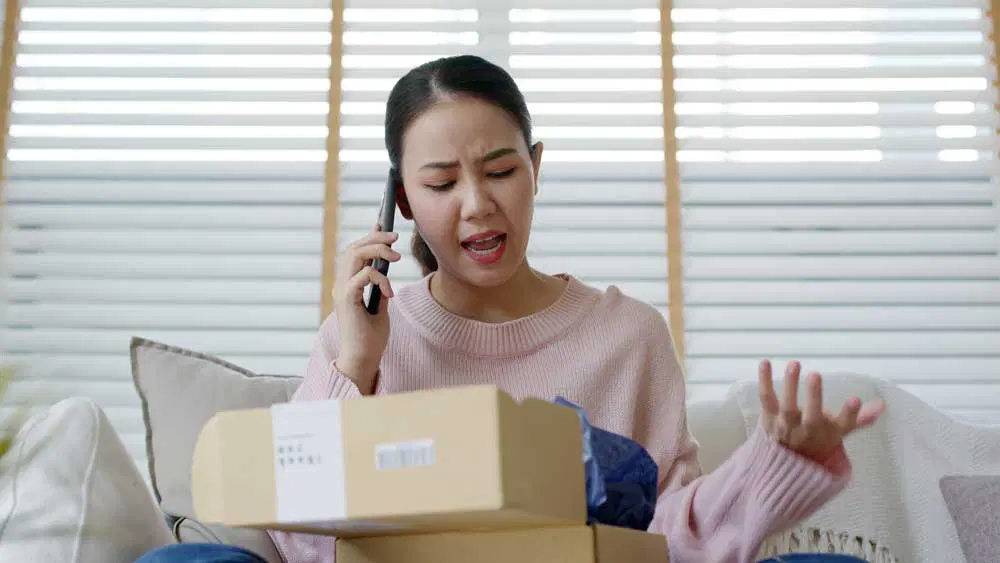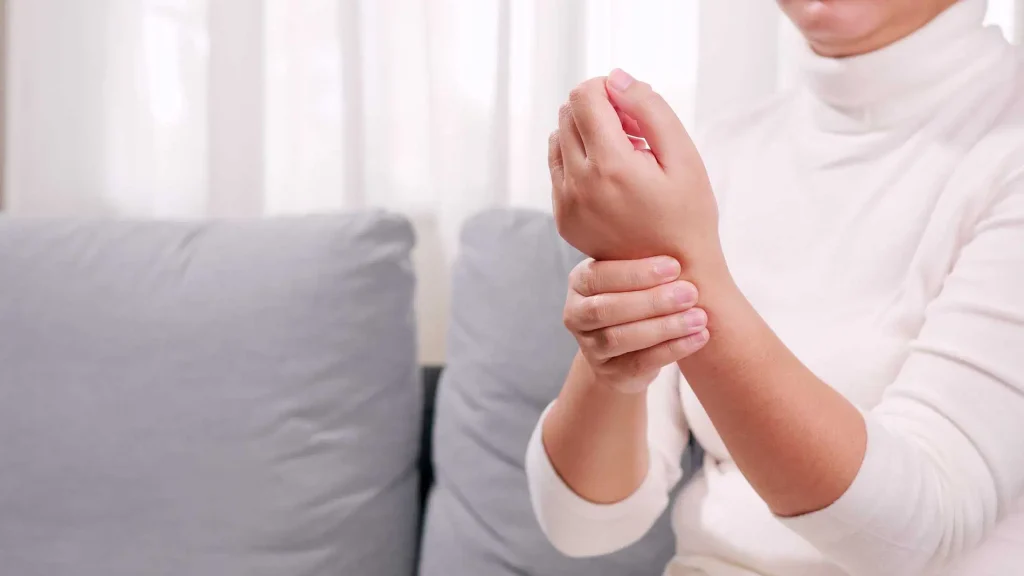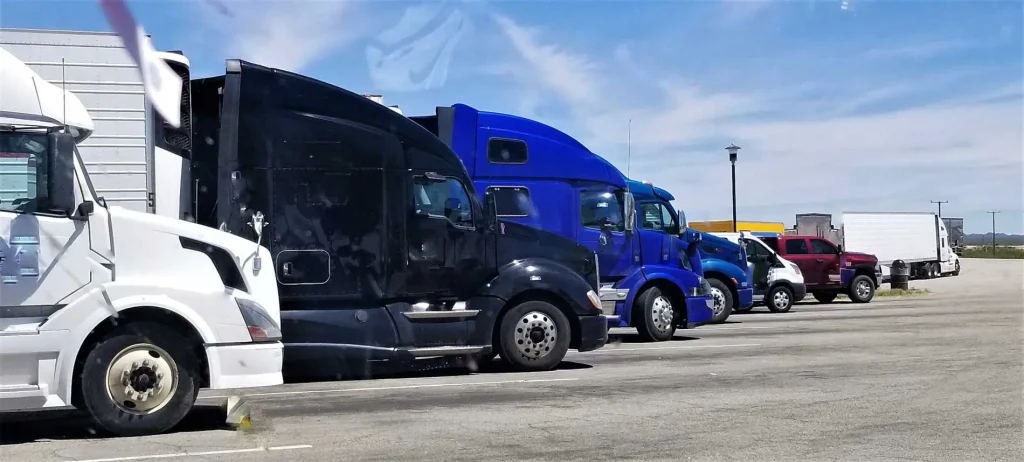Pittsburgh, PA: 7 Safe Driving Habits That Reduce Car Accident Injuries
You might think you are a reasonably safe and experienced driver, but there could be seemingly harmless things you do every time you drive that increase your risk of a car accident.

